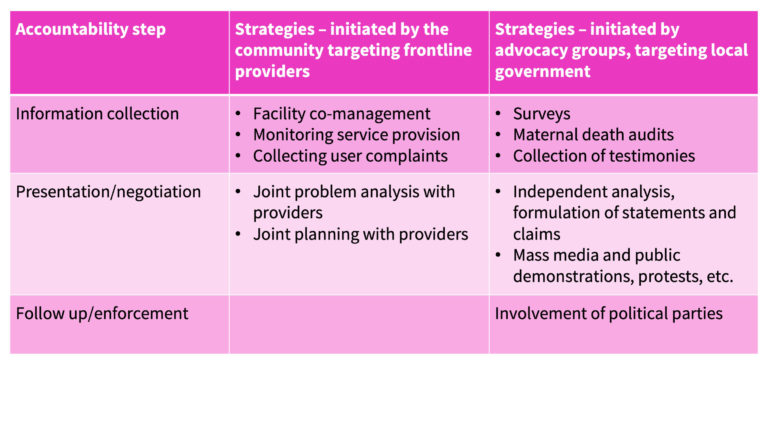
Reach your personal and professional goals
Unlock access to hundreds of expert online courses and degrees from top universities and educators to gain accredited qualifications and professional CV-building certificates.
Join over 18 million learners to launch, switch or build upon your career, all at your own pace, across a wide range of topic areas.


 You can see that strategies can be grouped into two main approaches: that of dialogue with local providers, and that of advocacy towards local authorities.
You can see that strategies can be grouped into two main approaches: that of dialogue with local providers, and that of advocacy towards local authorities.






